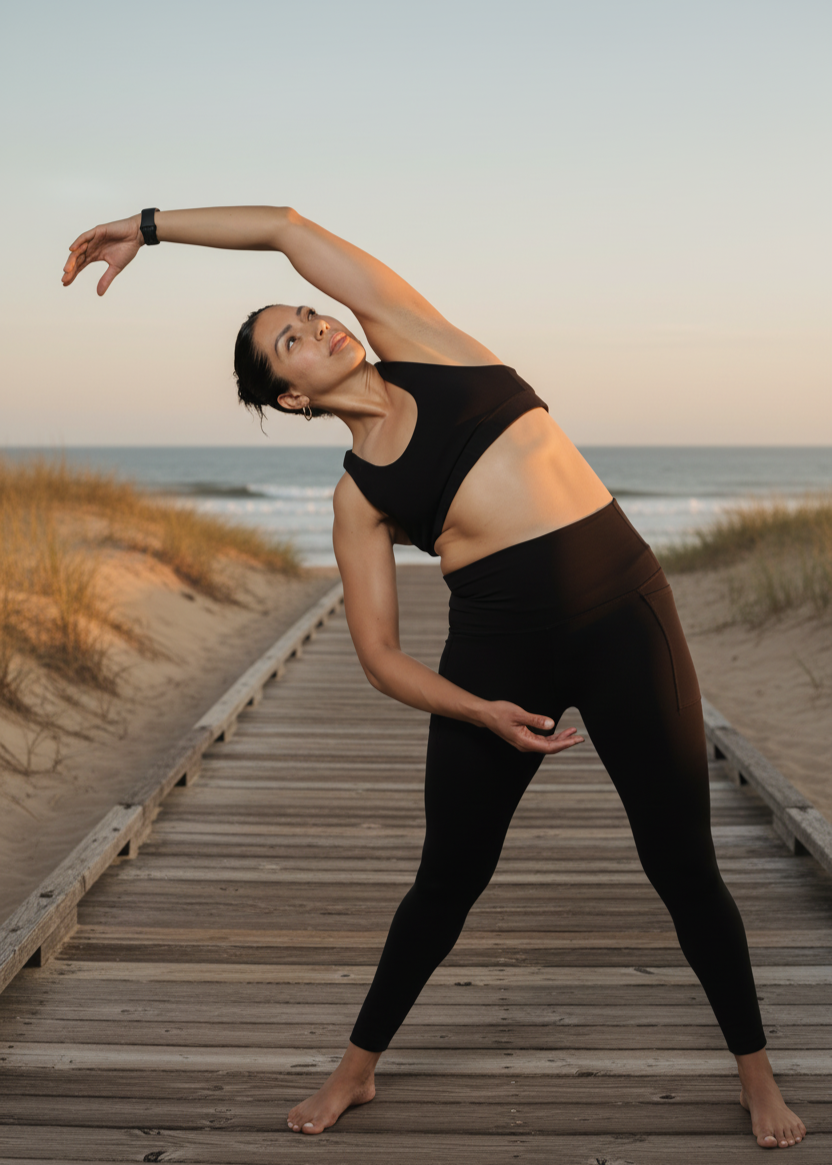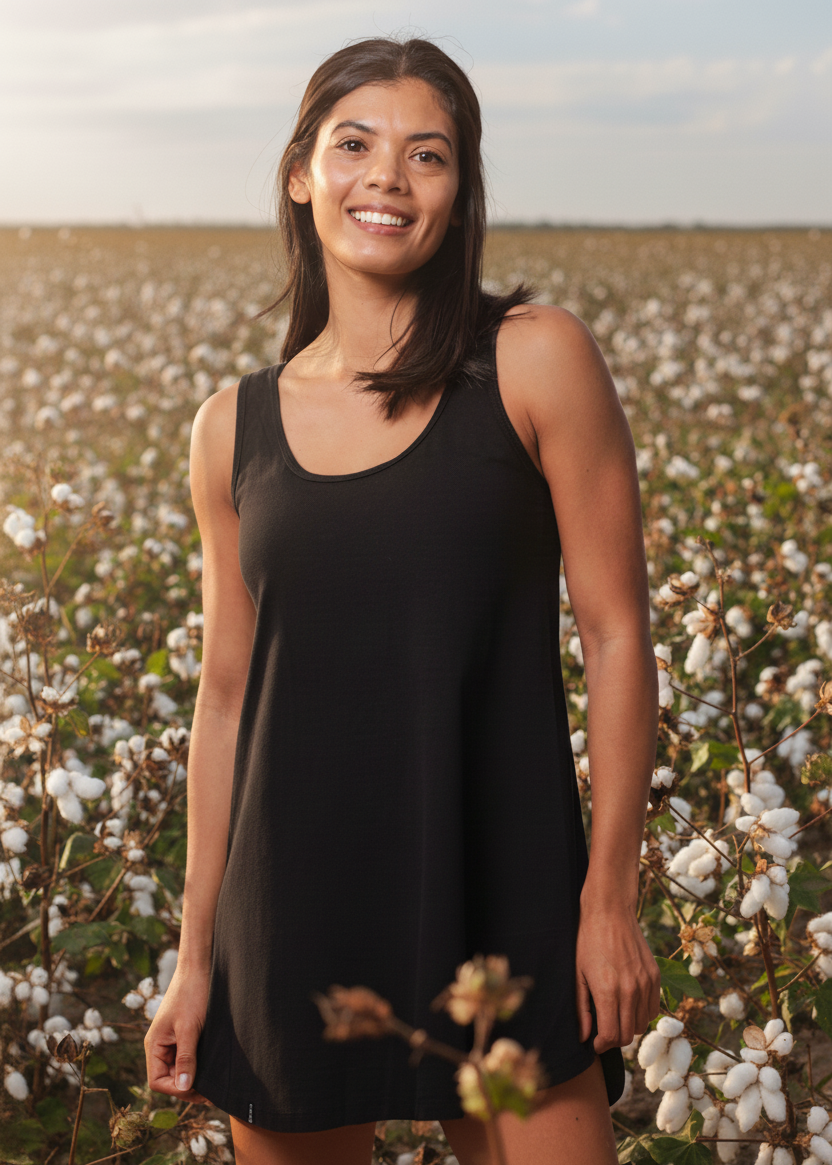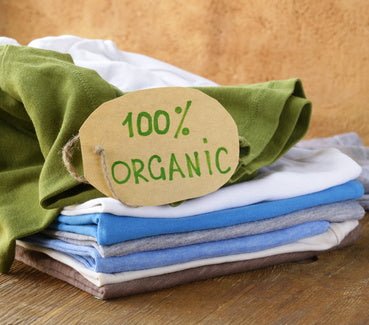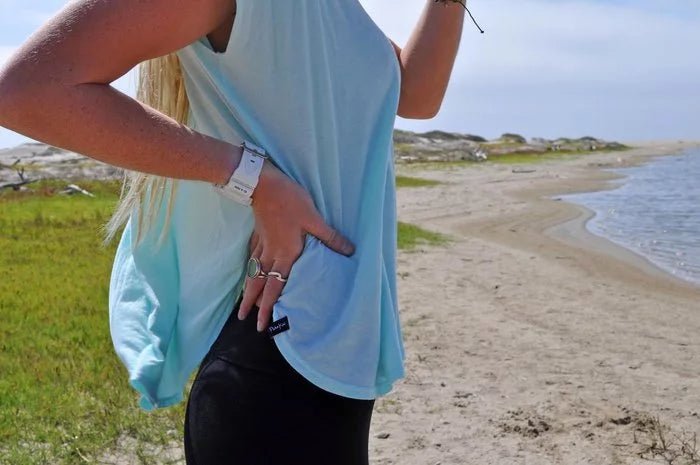
3 Tips to Transition Into an Organic and Sustainable Lifestyle
Recently I was putting away groceries after my boyfriend had gone to the store. To my amazement and delight I noticed most items were organic. We’re not radicals and we certainly don’t make a ton of money. What we are is an average middle class couple who have slowly but surely transition into an organic lifestyle. And how could we possibly achieve that without breaking the bank? The following tips will get you well on your way to a healthier, Eco friendly and more fulfilling organic lifestyle.
So, what exactly is an organic lifestyle? In short, an organic lifestyle refers to the use and consumption of products and materials that are free of chemical processes and hormones; raised sustainably and not genetically modified. Food, clothing, skin care, even cleaning supplies can be manufactured in an organic manner that is nurturing to the environment.
A lot of people wonder why they should go organic and pay extra for products you can get cheaper. My answer is, how can you afford not to? It is good for us and for the environment. Not to mention it is the best way to get all the nutrition out of your food and it tastes better! WAY better!!! When you limit the amount of pesticide residues, artificial colorings, preservatives, flavorings, trans-fats, enhancers, stabilizers, fillers and sweeteners, your food tastes the way nature intended it to. Of course there are health perks such as increasing your vital organs ability to eliminate toxins.
Organic lifestyles also ensures the welfare of Ecosystems, farmers and animals. Mass agricultural production requires the use of chemicals and puts the money in the hands of few. By supporting organic farming, not only do you ensure the conditions of work of the farmers, you contribute to the growth of small farming businesses and the local economy. Animals will also benefit from more humane conditions where they are not mutilated, confined or caged. The environment will also be thankful! By reducing the amount of toxic chemicals we help protect and conserve our waterways and natural resources.
It would seem like a no-brainer to go organic, yet many are still apprehensive. The main reasons being ‘where do I start’ and ‘it’s just too expensive’. Let’s address the first issue. First tip is start with the food, after all, you are what you eat. Food comes tightly related to the second issue, expense. First of all know that you don’t have to buy ALL your fruits and veggies organic. Here’s the rule of thumb I learned from my senior yoga teacher ‘if you eat the skin, go organic!’. The skin is obviously the first thing to be sprayed with chemicals, so when it comes to berries, apples and leafy vegetables, I always go organic. Oranges, avocados, bananas and anything that is protected by a thick, removable skin, I don’t mind getting non-organic.
The second tip is get everything when it is ‘in season’ or ‘on sale’. I’ve always been a frugal shopper, so I when it comes to buying organic I like to shop in bulk for non-perishable items when they go on sale. I apply this especially to beauty and cleaning products with a long shelf life. When getting protein I always get WHATEVER is on sale. Notice when you go to the store that they always have some beef, pork, chicken or fish on sale. Unless you have a special dinner or event, choose those items that will save you a few bucks. Look for ‘grass-fed’, ‘no hormones’, ‘cage-free’ and ‘wild caught’. For fruits and vegetables I always prefer the farmer’s market. Not only are the products cheaper since you get them directly from the farmer and not from the store, but it is also a great opportunity to get to know different neighborhoods in your town.
People tend to get overwhelmed with change because it takes you out of your comfort zone. My third and last tip is ‘do what you can’. Once you feel like you’ve gotten a hang of your food, look for beauty and cleaning items. Again, don’t feel like EVERYTHING has to be Eco friendly. I try to buy the things that are affordable or that will come in direct contact with my skin (body lotions, soaps, dishwashing liquid, bathroom cleaners). Also, be nice to yourself. Realize that bad habits die hard and there might be some things you are not ready to surrender. I know very well that bleach is not an organic cleaner, yet the germ-o-phobe in me will never be able to part with it and that is perfectly ok with me.
Fashion is my most recent Eco endeavor. Since joining the PuraKai family I have become more knowledgeable of the environmental impact of garment production. I am more aware of the fabrics I wear, as well as the brands that are Made in USA and those that use sustainable practices. Overall I am really proud of the baby steps I’ve taken towards a more organic lifestyle.
That is my invitation to you. Find those areas you can change and watch how you will slowly find more room for growth. At PuraKai we are committed to living an organic and sustainable lifestyle. Share your tips on the comments section!






Leave a comment
This site is protected by hCaptcha and the hCaptcha Privacy Policy and Terms of Service apply.